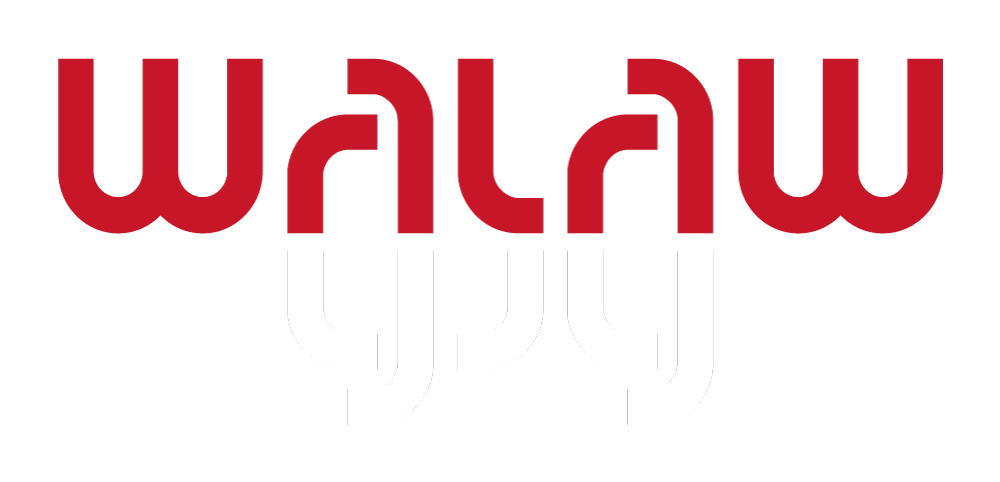-
15:00
-
14:40
-
14:20
-
14:00
-
13:30
-
13:00
-
11:40
-
11:20
-
11:00
-
10:40
-
10:20
-
10:00
-
09:40
-
09:20
-
09:00
-
08:40
-
08:20
-
08:00
-
07:40
-
07:20
-
07:00
-
18:00
-
17:40
-
17:20
-
17:00
-
16:50
-
16:30
-
16:00
-
15:40
-
15:20
Casablanca Allocates 1.6 Billion Dirhams to Irrigate Green Spaces Amid Water Stress
In a surprising move, the Casablanca-Settat Regional Council, led by Abdellatif Benazzouz, has allocated a significant sum of 1.6 billion dirhams for the irrigation of green spaces, including golf courses, despite the acute water scarcity exacerbated by climate change in the region.
This funding is part of a broader program to reuse wastewater, scheduled from 2024 to 2031 with possible extensions. The Regional Council contributes 700 million dirhams, with the rest from partners including governmental entities and private companies.
In collaboration with the Ministry of Interior and other ministries, the project aims to optimize water resource utilization in a region severely affected by drought. This move showcases Morocco's proactive efforts to tackle water deficits, highlighted by the recent inauguration of Africa's largest desalination plant in Casablanca by Crown Prince Moulay Hassan, enhancing the city's water supply.
While the decision has sparked concerns among environmental advocates and water conservation experts, the Regional Council defends the project as crucial for sustaining Casablanca's green spaces and aesthetic appeal.
Critics argue funds could better address pressing water needs like infrastructure improvement, efficient irrigation techniques, and promoting conservation among residents and businesses.
As debate intensifies, questions arise about resource prioritization amid a looming water crisis. The council's decision underscores the balance between urban greenery and confronting climate change and water scarcity challenges.
With scrutiny on the Regional Council, the success of their wastewater reuse program could set a precedent for regions facing similar water challenges.


